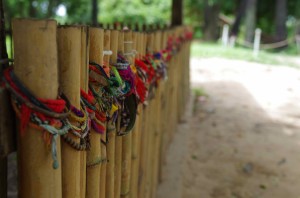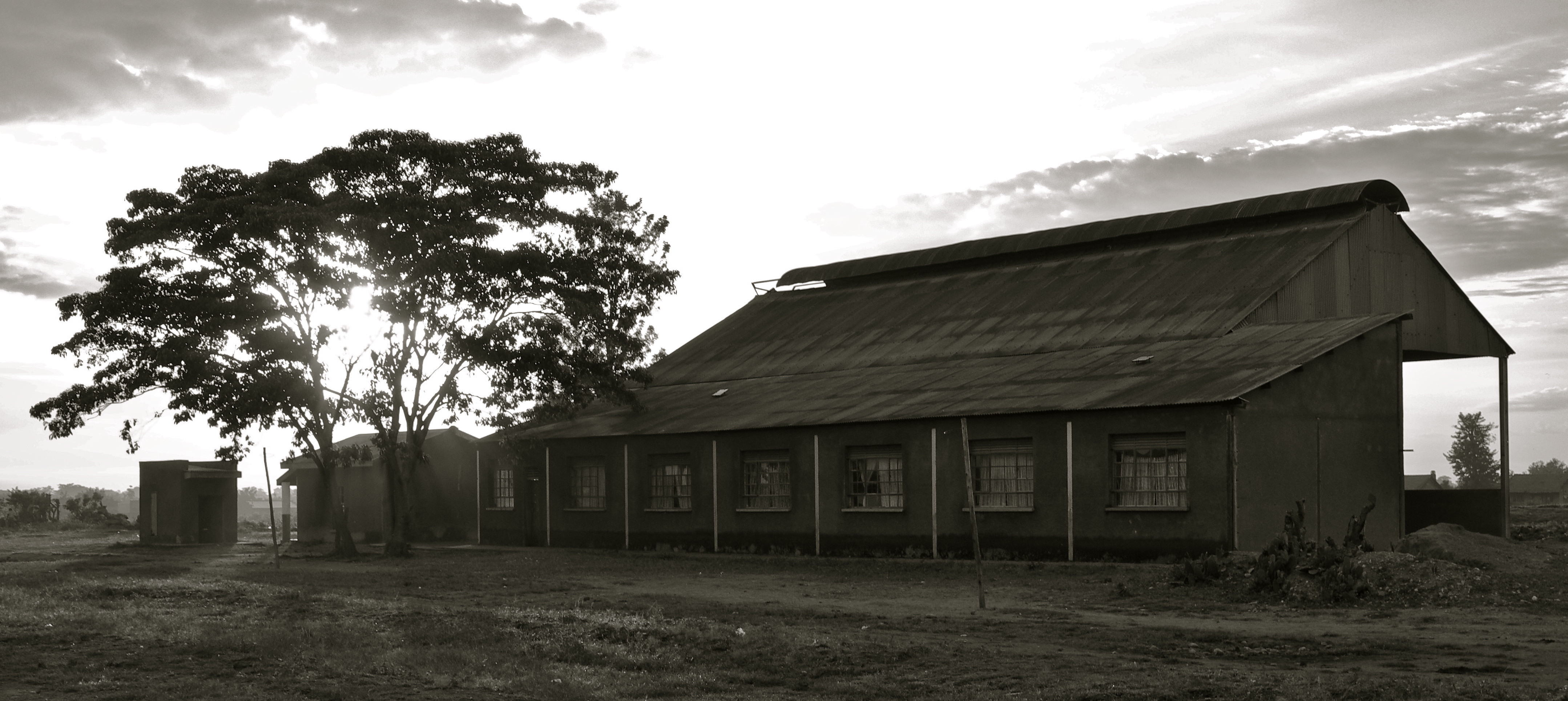After visiting the Holocaust museum in Jerusalem I must have been visibly upset. An Israeli woman who was part of our tour group, knowing my Jewish heritage, approached me to ask who in my family was killed. When I answered that my family had immigrated to the United States at the turn of the century and that I didn’t know the names of any of my family members that had been killed, she was confused. Why would I have such an intense reaction if my family was not directly persecuted?
My relatives were persecuted. We are pretty sure all my family members who did not immigrate to the United States when my great-grandparents did, before the war, perished during the war. As far as I am concerned, the fact of their murder is not relevant to my reaction at the museum. I cried for every unjust act committed during the Holocaust. I do not want to malign the strong and just reaction that anyone would have when their loved ones and their people are persecuted and killed. But do I have to be related to care so much?

Then I spent last August in Cambodia, which is healing from its own genocide. The wounds are still fresh. Millions of people perished, yet before I began preparing for this trip the genocide was barely in my consciousness. I knew that it had happened, but not much more. I now know much more. And I cried for every unjust act committed in Cambodia.
But why didn’t I know about it?
I didn’t know about the Rwandan genocide until an Academy Award winning film about it was released. I should have known. I am interested in the world. I am a student of war and peace and violence and nonviolence. But, I did not learn about these genocides in school. I never saw a documentary or read a book about them. They were not discussed at home. I think I didn’t know about these atrocities because the victims were too dissimilar from myself. Just as the Israeli woman assumed my tears were for relatives, Cambodians and Rwandans were too distant from myself–nationally, politically, racially, religiously–to get true attention.
There was an assumption in Israel that my tears were for the my relatives who died in the Holocaust. The assumption included a larger assumption that I am more likely to shed tears for the victims of the Holocaust because I am of Jewish decent than someone who is not Jewish. The flip side of this is that I am not of Cambodian or Buddhist decent, so I would naturally care less for their genocide as for the genocide of the Jews. Even if that were true, rarely does someone suggest I should shed equal tears for the victims in Rwanda who were not targeted because of their religion but where in fact largely Catholic. I am also of Catholic decent. They are as much my people as the Jews who died in the Holocaust are.
At S-21, the school-turned-torture-prison in Phnom Penh that is now a museum, there are rooms full of pictures of the victims of the place. There are hundreds of photos, row after row, room after room. Some of the faces show defeat, some show defiance, some show a haunting bit of a smile. One room is dedicated to the, mostly Western, foreigners that were also taken to S-21. Their photos are displayed along with their histories and the accusations that brought them to the prison. Why were all the foreigners’ stories shared while the nationals’ stories remained largely untold? Because the foreigners’ stories provide a point of connection for the museum visitors who are mostly Western tourists.
For me the most important section of the Holocaust museum was a room dedicated to heroes of the Holocaust who attempted and often succeeded at helping the persecuted groups of the Holocaust. We have all heard tales of people who, at great personal risk, hide victims of persecution in their homes, sign illegal visas so persecuted people can escape the country, or smuggle supplies into ghettos to relieve the suffering. We hear these stories and we love these stories. I believe that as least part of the appeal is that these are people helping each other not because they are related, not because they share a religious or philosophical position, and not because they have anything to gain, but because it is the right thing to do. Period.
This post is also published at State of Formation.

May 22, 2014 at 6:47 am
Beautifully written, Wendy.